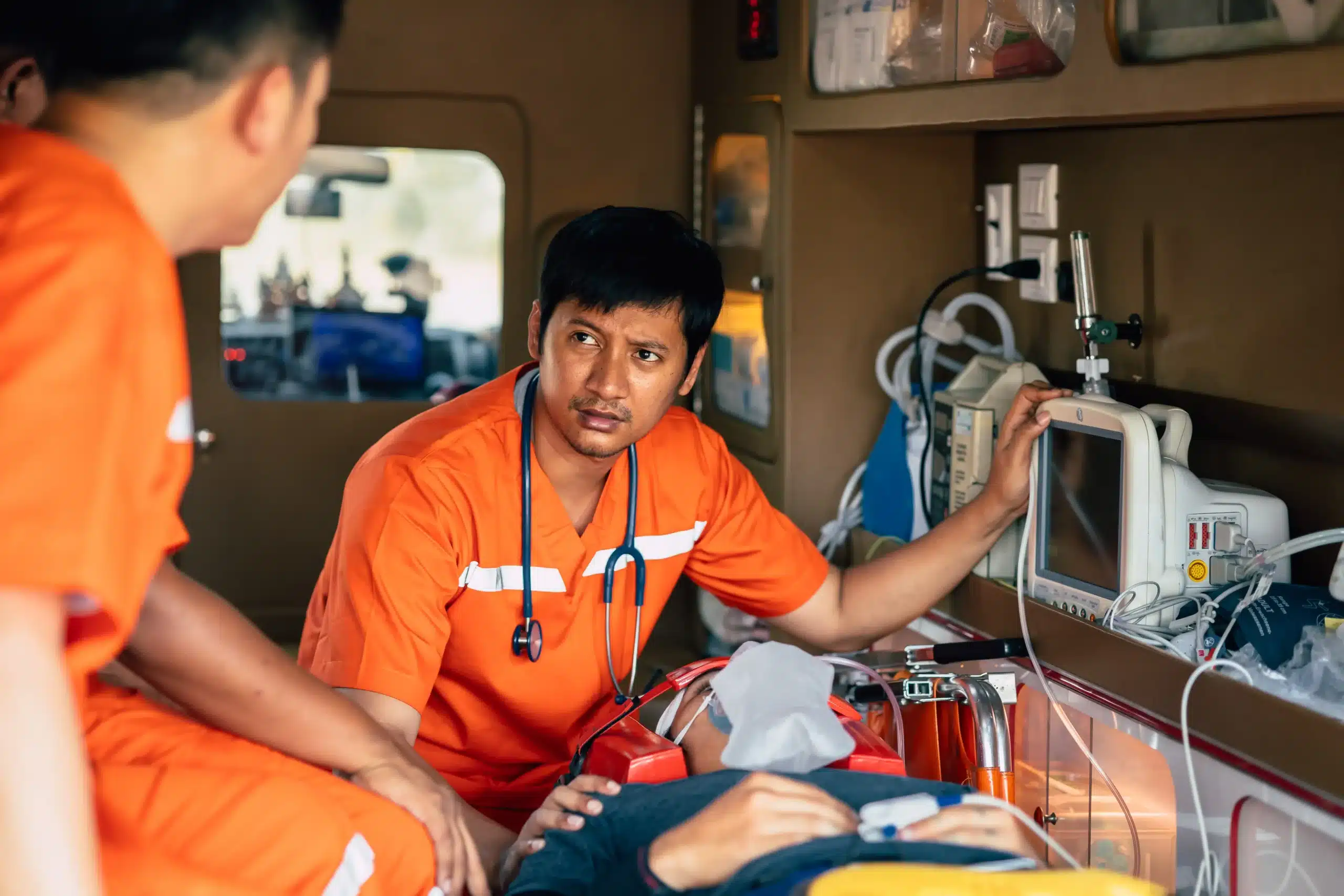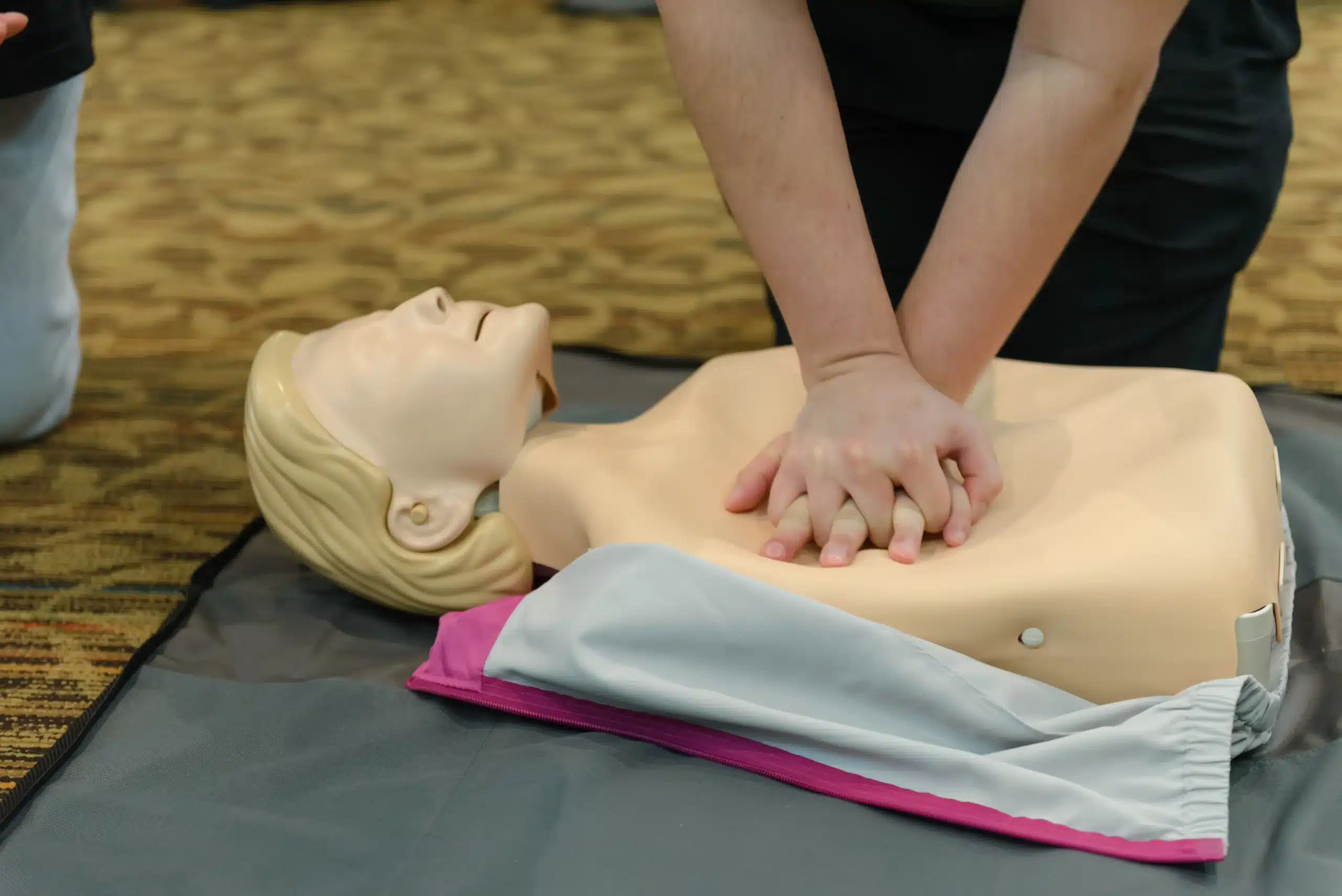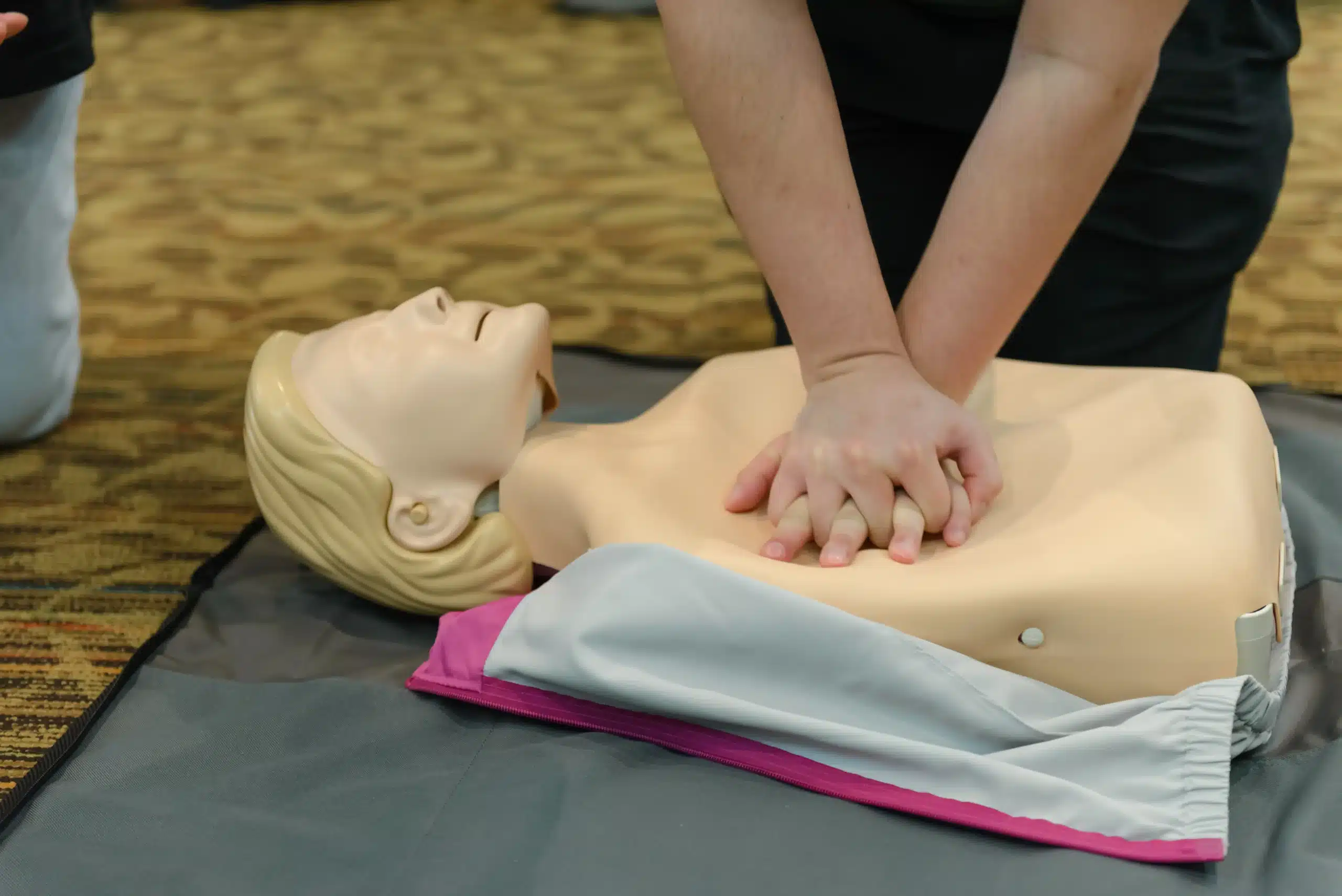Planning to pursue medical education in the vibrant and diverse city of San Francisco, California? You’re in the right place. Known for its cultural richness, cutting-edge research, and world-renowned healthcare facilities, San Francisco offers an excellent environment for aspiring medical professionals. This guide breaks down the best medical schools near San Francisco, factors to consider before applying, and tips on preparing for medical school admissions.
Why Choose San Francisco for Medical Education?
San Francisco isn’t just a picturesque city; it’s a hub for innovation, technology, and healthcare. For medical students, the city offers several unique advantages:
1. Access to Advanced Health Systems
San Francisco is home to some of the finest hospitals in the world, such as UCSF Medical Center and Zuckerberg San Francisco General Hospital. Medical students benefit from exposure to diverse cases in these cutting-edge healthcare systems.
2. Innovative Research Facilities
The Bay Area is synonymous with innovation. Partnering with Silicon Valley tech giants and biotech leaders means medical schools in and around San Francisco often lead groundbreaking medical research.
3. Supportive Ecosystem for Students
San Francisco’s diversity creates a rich learning environment, enabling students to understand the health needs of people from various cultural and socioeconomic backgrounds.
4. Networking Opportunities
The city’s prestigious medical schools attract top faculty, researchers, and professionals. Proximity to these experts helps students build valuable connections early in their careers.
If you’re considering medical school, San Francisco offers a unique blend of academic and professional growth opportunities.
Top Medical Schools Near San Francisco
Here’s a curated list of the top 10 medical schools near San Francisco. Each school is known for its rigorous curriculum and commitment to training future healthcare leaders.
1. UC San Francisco School of Medicine (UCSF)
Programs Offered: MD, PhD, and dual-degree programs like MSTP (Medical Scientist Training Program).
Location: Based in San Francisco.
Why UCSF? UCSF is consistently ranked among the top five medical schools in the U.S. Its exceptional research programs and renowned clinical training make it a top choice for medical students.
Admission Criteria:
- High GPA and MCAT scores.
- Strong letters of recommendation and a compelling personal statement.
Website: UCSF School of Medicine
2. Stanford University School of Medicine
Programs Offered: MD, Master’s in Medical Sciences, joint MD/PhD programs.
Location: ~1.5 hours from San Francisco in Stanford, CA.
Why Stanford? With a strong emphasis on personalized medicine and cutting-edge research, Stanford offers an incredible platform for aspiring doctors.
Admission Criteria:
- Demonstrated leadership and volunteer experience.
- Research exposure is heavily valued.
- Competitive MCAT score.
Website: Stanford Medicine
3. California Northstate University College of Medicine
Programs Offered: MD program with an integrated approach.
Location: ~1.75 hours from San Francisco in Elk Grove, CA.
Why Choose This School? Its focus on primary care and underserved communities distinguishes it.
Admission Criteria:
- Comprehensive portfolio including clinical experience and community service.
- MCAT scores above the median range.
Website: California Northstate University
4. Touro University California, College of Osteopathic Medicine (TUCOM)
Programs Offered: DO program and Master’s degrees in Public Health and Medical Health Sciences.
Location: Vallejo, CA, ~45 minutes from San Francisco.
Why Touro? This DO-focused school offers holistic medical training with an emphasis on primary care.
Admission Criteria:
- Recommended minimum MCAT and GPA threshold.
- Commitment to osteopathic medicine practice.
Website: Touro University California
5. Western University of Health Sciences College of Osteopathic Medicine
Programs Offered: DO program, MHS in Physician Assistant Studies.
Location: Pomona, CA, ~6 hours from San Francisco.
Why WesternU? Its emphasis on interdisciplinary collaboration and patient-centered care makes it ideal for those considering holistic medicine approaches.
Admission Criteria:
- Strong academic background and well-rounded extracurricular activities.
- Competitive MCAT scores.
- Demonstrated commitment to community service.
Website: Western University of Health Sciences
6. University of Southern California (USC) Keck School of Medicine
Programs Offered: MD, MD/PhD, and a variety of dual-degree programs.
Location: Los Angeles, CA, about 6 hours from San Francisco.
Why USC Keck? Known for its strong emphasis on academic medicine and research, USC Keck offers extensive clinical training at major hospital facilities.
Admission Criteria:
- High academic performance and analytical skills.
- Research background is advantageous.
- Excellent MCAT score.
Website: USC Keck School of Medicine
7. University of California, Davis, School of Medicine
Programs Offered: MD, integrated MD/PhD, and Master of Public Health programs.
Location: Davis, CA, around 1.5 hours from San Francisco.
Why UC Davis? With a strong focus on rural healthcare and innovative research, UC Davis prepares students to tackle emerging health challenges.
Admission Criteria:
- Diverse clinical and community service experience.
- Strong science foundation and MCAT score.
Website: UC Davis School of Medicine
8. University of California, San Diego, School of Medicine
Programs Offered: MD, MD/PhD, and dual-degree programs in various specializations.
Location: La Jolla, CA, approximately 8 hours from San Francisco.
Why UC San Diego? With cutting-edge research and a focus on interdisciplinary strategies, UC San Diego fosters a collaborative environment that enhances learning.
Admission Criteria:
- Exceptional academic record.
- Demonstrated interest and/or participation in biomedical research.
- Strong personal statement.
Website: UC San Diego School of Medicine
9. California University of Science and Medicine (CUSM) School of Medicine
Programs Offered: MD programs aimed at community and healthcare innovation.
Location: San Bernardino, CA, around 8 hours from San Francisco.
Why CUSM? Its focus on critical thinking and problem-solving equips students with skills to improve healthcare delivery.
Admission Criteria:
- Proven community engagement.
- Above-average MCAT and academic scores.
Website: CUSM School of Medicine
10. University of California, Los Angeles (UCLA) David Geffen School of Medicine
Programs Offered: MD, dual MD/PhD, and several master’s programs.
Location: Los Angeles, CA, about 6 hours from San Francisco.
Why UCLA? Esteemed for its commitment to medical breakthroughs and exceptional education, UCLA provides extensive opportunities for student research and leadership.
Admission Criteria:
- Outstanding GPA and MCAT scores.
- Leadership and service activities.
- Research involvement is highly valued.
Website: UCLA David Geffen School of Medicine
Factors to Consider When Choosing a Medical School
Not all medical schools are created equal, and your ideal choice will depend on several factors:
1. Location
San Francisco offers a metropolitan lifestyle, but some students may prefer quieter environments like Stanford or Davis. Think about commute times, cost of living, and proximity to family when making decisions.
2. Program Focus
Do you want to pursue primary care, research, or osteopathic medicine? Each medical school has unique strengths—ensure their focus aligns with your long-term goals.
3. Tuition and Financial Aid
Consider the costs involved. Research scholarships, grants, and loan forgiveness programs available at each medical school.
4. Facilities and Resources
From clinical rotations to simulation labs, state-of-the-art facilities can enhance your learning experience. Visit schools to assess their infrastructure.
5. Culture and Community
Talk to current students and alumni to learn more about the culture. A supportive environment can significantly impact your overall experience.
Preparing for Medical School Admission
Becoming a competitive applicant for medical school requires a blend of academic achievements and well-rounded extracurriculars. Here’s a step-by-step guide to help you ace the process:
1. Achieve High Grades
Medical schools often require a 3.5 GPA or higher. Focus particularly on biology, chemistry, and other foundational sciences.
2. Crush the MCAT
Start preparing for the MCAT at least a year in advance. Many applicants take prep courses or use resources like Kaplan and Princeton Review.
3. Gain Clinical Experience
Volunteer at hospitals or clinics to gain first-hand exposure to the healthcare system.
4. Engage in Research
Participating in research shows that you’re committed to advancing medical science. Work under professors or research groups.
5. Find Your Passion
Stand out by focusing on unique extracurricular activities that align with your interests and values—whether it’s writing, coaching, or art.
6. Write a Stellar Personal Statement
Use your personal statement to tell your story and convey why you’re passionate about medicine. Avoid generic responses and be authentic.
The First Step to a Fulfilling Medical Career
Choosing the right medical school is a crucial decision that shapes the rest of your career. Whether you aim to attend UCSF, Stanford, or one of the many nearby institutions, San Francisco provides the perfect backdrop for academic and personal growth.
Still feeling overwhelmed? Reach out to current medical students and admissions officers for guidance throughout the process. With diligent preparation, you’ll be one step closer to achieving your dream of becoming a physician. Overall, remember that each medical school has its own unique strengths and culture. It’s important to research and consider all aspects before making your decision. Good luck on your journey towards becoming a doctor!
Enhance Your Medical Education with Safety Training Seminars
In your journey through medical education, obtaining necessary certifications is as crucial as mastering medical theory. Safety Training Seminars, which offers American Heart Association courses, can be an invaluable resource. These courses, including CPR and First Aid, Pediatric Advanced Life Support, Advanced Cardiovascular Life Support (ACLS), and Basic Life Support (BLS), provide essential skills for any aspiring medical professional. Engaging in these seminars not only boosts your confidence in crisis situations but also enhances your resume, making you a more attractive candidate in the competitive medical school admissions and subsequent residencies.








